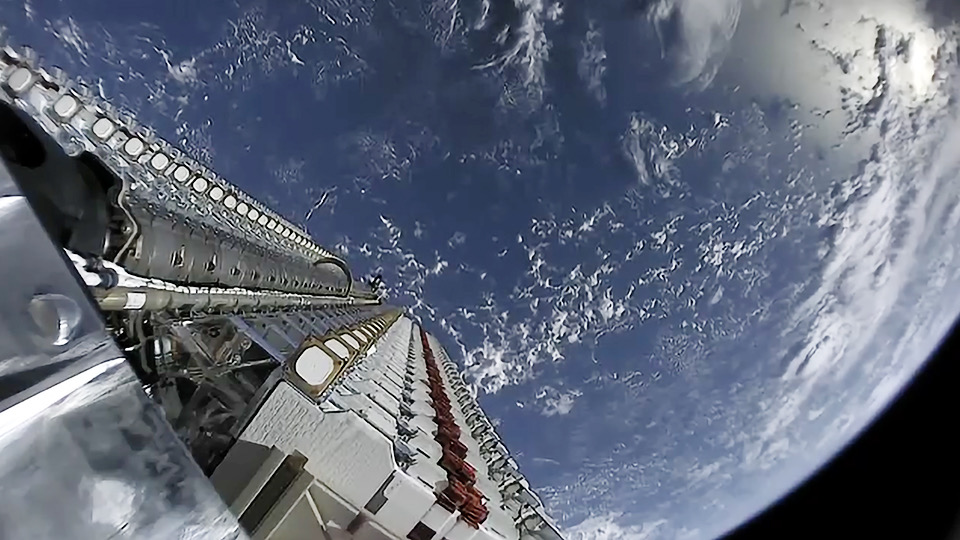For the past two years, Pakistanis, especially those living in remote, underdeveloped regions, have been buzzing about Starlink. Elon Musk’s internet-from-space venture promised to revolutionize digital access in areas where fiber optics barely exist, and telecom companies rarely invest. Starlink was supposed to be the answer to Pakistan’s digital inequality. But here we are in mid-2025, and the one name that was supposed to change the game has quietly slipped into the background.
This week, the government officially confirmed that the launch of satellite-based internet in the country has been delayed. Why? Because new regulations are being drafted and foreign players are being asked to reapply. Starlink’s temporary No Objection Certificate (NOC) expired back in March, and now they, along with OneWeb and Shanghai Spacecom, must submit fresh applications under the upcoming “Satellite Communications Regulations.” That means more waiting, more uncertainty, and yet again, more missed opportunities.
To be fair, the government’s cautious approach isn’t entirely unjustified. With tensions still simmering after recent India-Pakistan and Iran-Israel flare-ups, concerns about digital surveillance, data integrity, and national security are real. Officials claim these new regulations are necessary to ensure foreign companies follow proper protocols, especially those offering low Earth orbit (LEO) satellite services like Starlink. But the timing couldn’t be worse.
Across the world, Starlink has already brought high-speed internet to remote villages, mountain towns, disaster zones, and even war-hit areas. In Pakistan, where millions of people still live without reliable connectivity, one would expect such a service to be welcomed with open arms, and urgency. Yet, all we’ve gotten so far are delays, a few cautious statements, and a vague promise that Starlink and others may be able to operate “by the end of the year.”
People aren’t waiting for connectivity anymore, they’re demanding it. From students in Gilgit to entrepreneurs in Balochistan, the lack of fast, reliable internet is holding people back. And while Pakistan’s own satellite internet service, PakSat’s MM-1, does exist, its reach is limited, and it largely caters to corporate and defense sectors. For the average citizen, it’s inaccessible, both geographically and financially.
So where is Starlink? Why has it gone quiet after all that hype? Is it stuck in red tape? Losing interest? Or is it just being cautious, waiting to see how the regulatory winds blow? Whatever the reason, the silence is deafening, and it leaves the public hanging. Pakistan needs to do more than draft rules, it needs to create an environment where innovation feels welcome, not policed. Regulation is essential, yes, but not at the cost of progress. We’ve opened the door to satellite internet, but if Starlink and others don’t walk through soon, we’ll be left watching the world speed ahead while we buffer. It’s time for clarity. Either we’re in the game, or we’re just watching from the sidelines.
Opinion Piece by Muhammad Jawad Rasool

